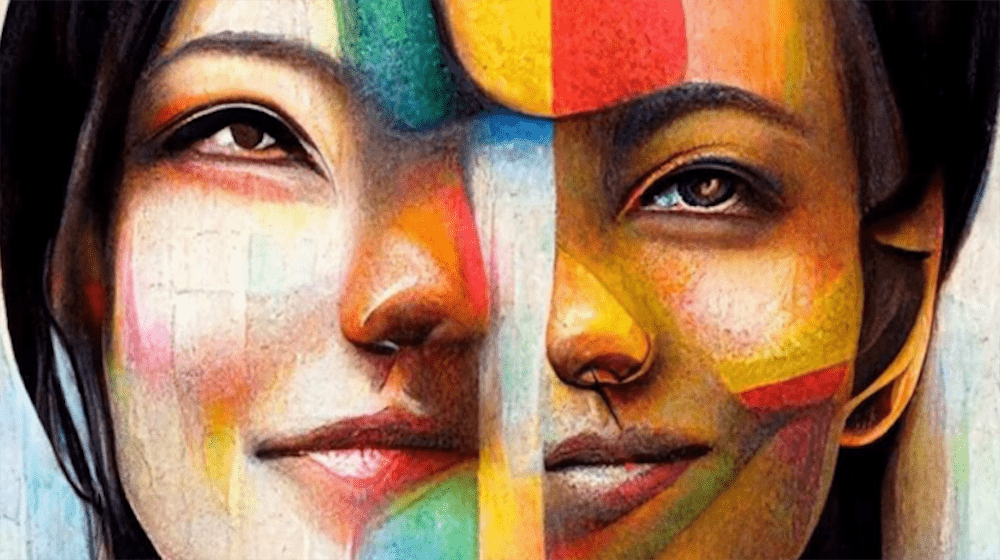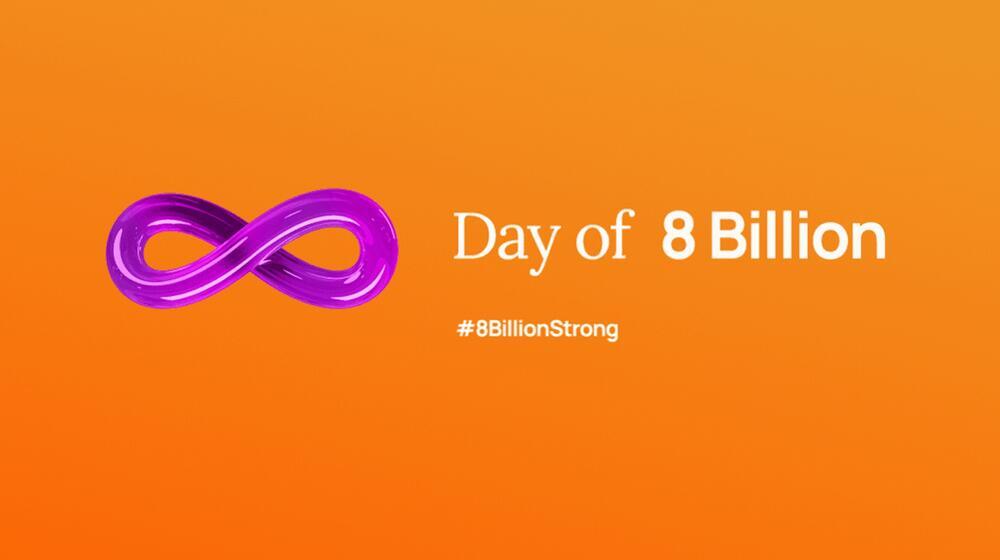
More than a statistic: Four reasons why everyone must be counted as they are

Every member of the human family, now 8 billion strong around the globe, has the right to be counted. Yet for millions – the world’s most vulnerable among them – this right continues to go unrealized.
Why? The reasons range from financial constraints to the marginalization of harder-to-reach communities. But no one is unreachable. “To realize the rights and choices of those pushed to the margins of our societies, we have to count them – because everyone counts,” Dr. Natalia Kanem, Executive Director of UNFPA, the United Nations sexual and reproductive health agency, said in a recent statement. “Our rich human tapestry is only as strong as the weakest thread.”
To mark World Population Day, here are four reasons why it’s more important than ever that data-collection processes are inclusive and that people are counted – in all their diversity.
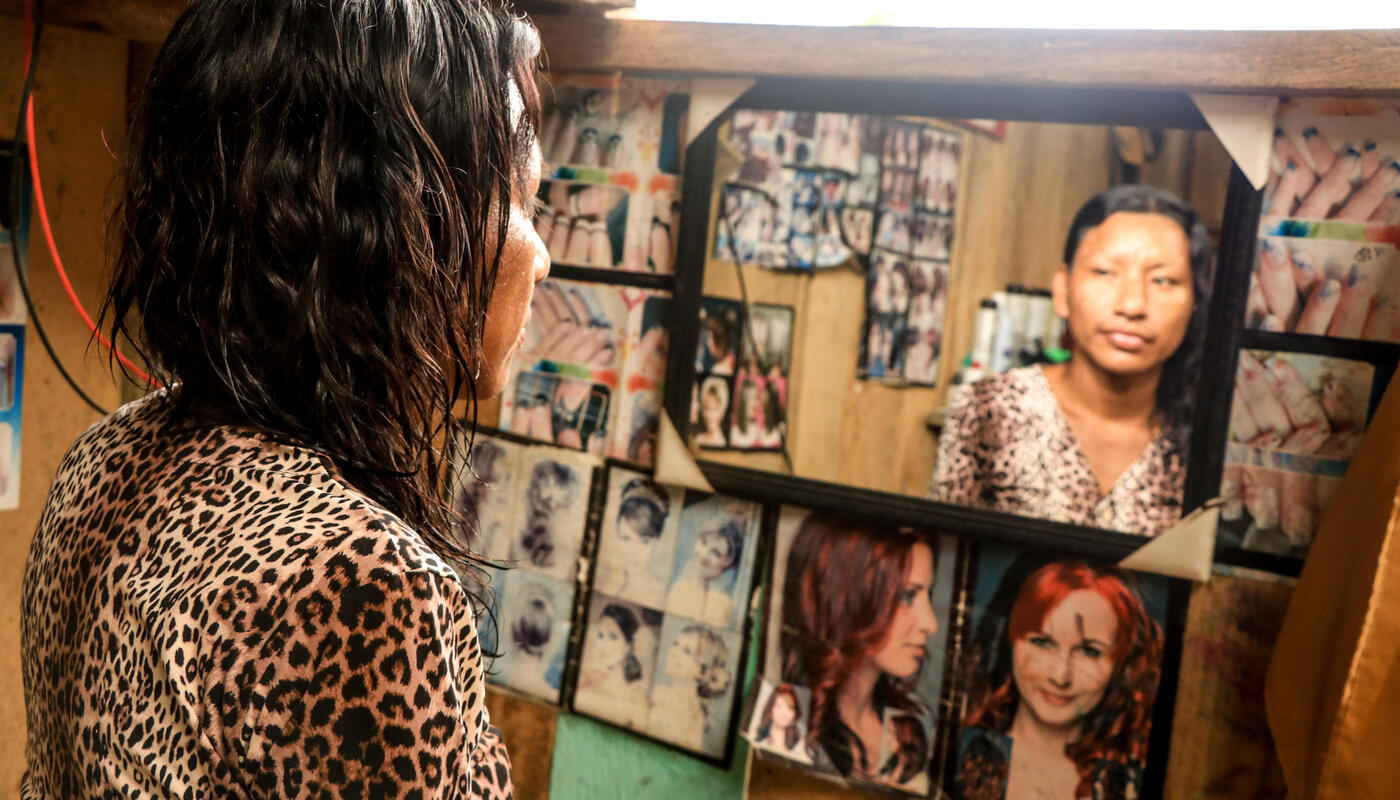
1. Information is power. It helps us measure success – and shortfalls.
Thirty years have passed since the landmark International Conference on Population and Development, where world leaders affirmed that inclusive sustainable development is not possible without prioritizing human rights, including reproductive rights. Over the years, the world has become a safer, more equal place for women and girls: Preventable maternal deaths have been reduced by a third, as have births among girls aged 15 to 19, driven in part by the doubling of women’s uptake of modern contraception.
Improvements in data collection, measurement and analysis have been critical to understanding how far the world has come towards achieving sexual and reproductive health and rights for all. However, broadly positive trends can also obscure how far we have to go.
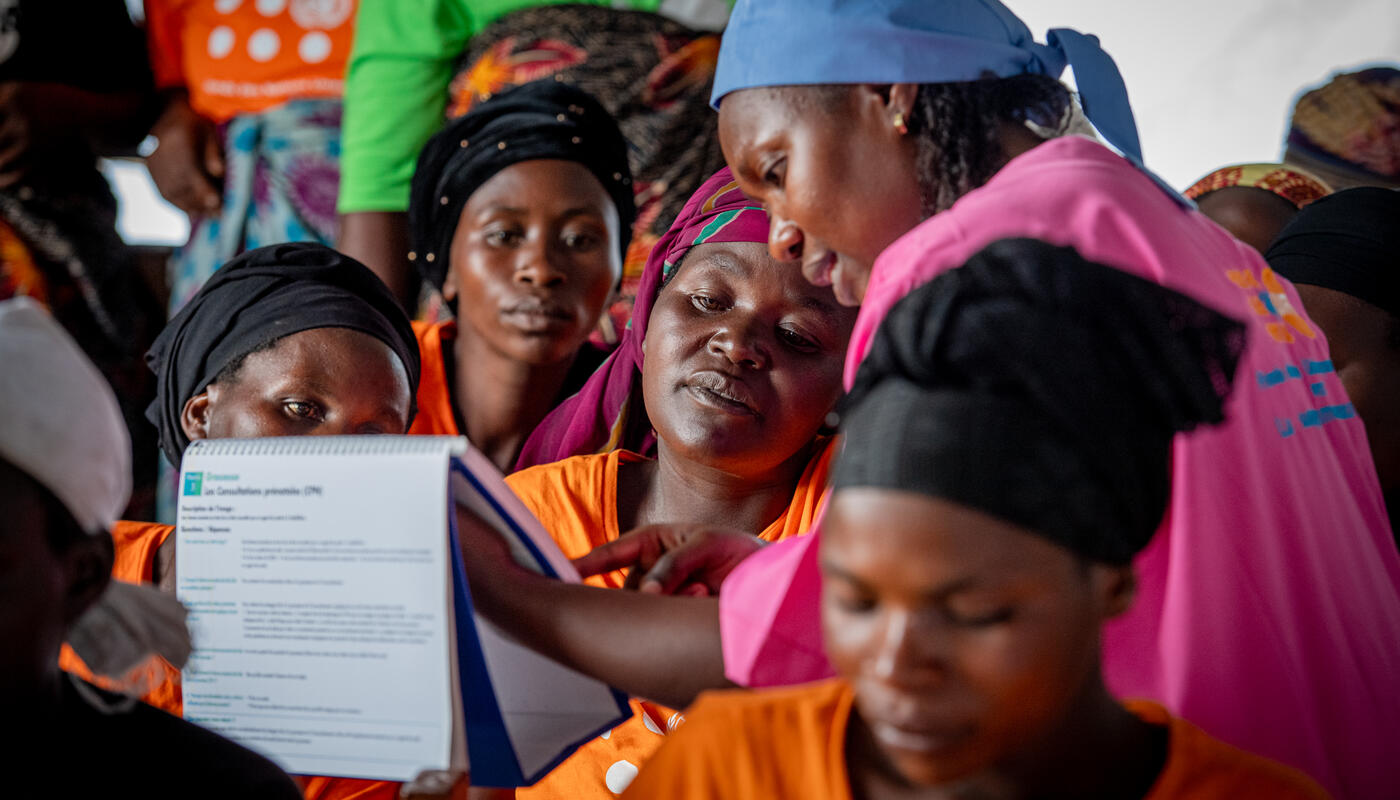
Disaggregated data – data broken down by categories such as gender, disability status, race and ethnicity, and other factors – can show us that women from different groups experience vastly different reproductive health outcomes. For example, a UNFPA analysis revealed in 2023 that, due in part to widespread, racist abuse in the health sector, Afrodescendent women and girls across the Americas face an elevated risk of dying during pregnancy.
This kind of knowledge is what can lead to change. Yet only four countries of the nine included in the analysis collect globally comparable maternal death data broken down by race. As a result, far too many women’s experiences, and disproportionate risk of death, are invisible.
Indeed, around the world, those who are most vulnerable remain underrepresented in data. “The consequences of this deeply affect their lives and well-being,” Dr. Kanem has said. “Recent UNFPA research reveals acute and growing inequalities, within and among countries.”
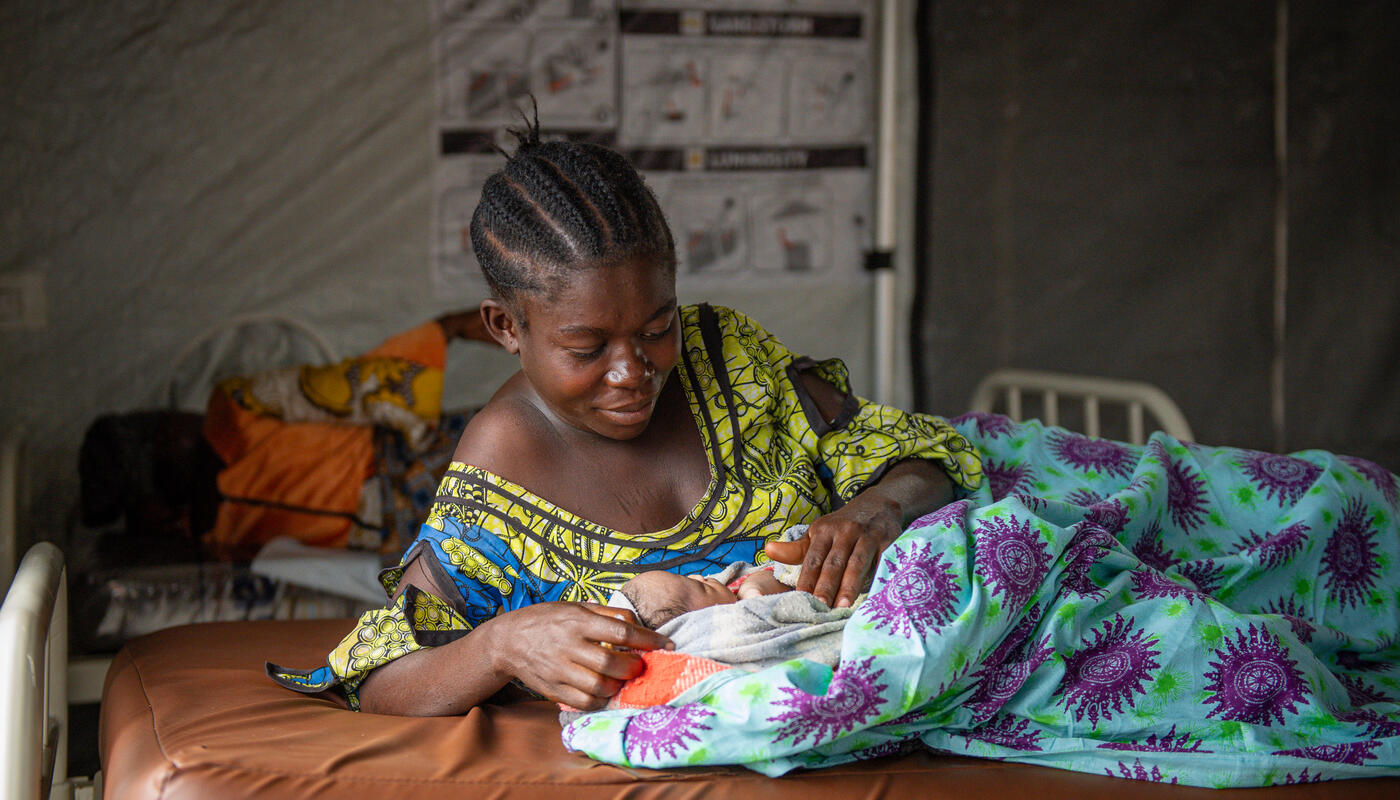
2. Policymakers need data to support reforms.
Governments need data to make decisions. Where should a new maternity ward be built? How many women in a particular region want to use a modern contraceptive but are not? These questions require research, conducted ethically and with the participation of affected communities.
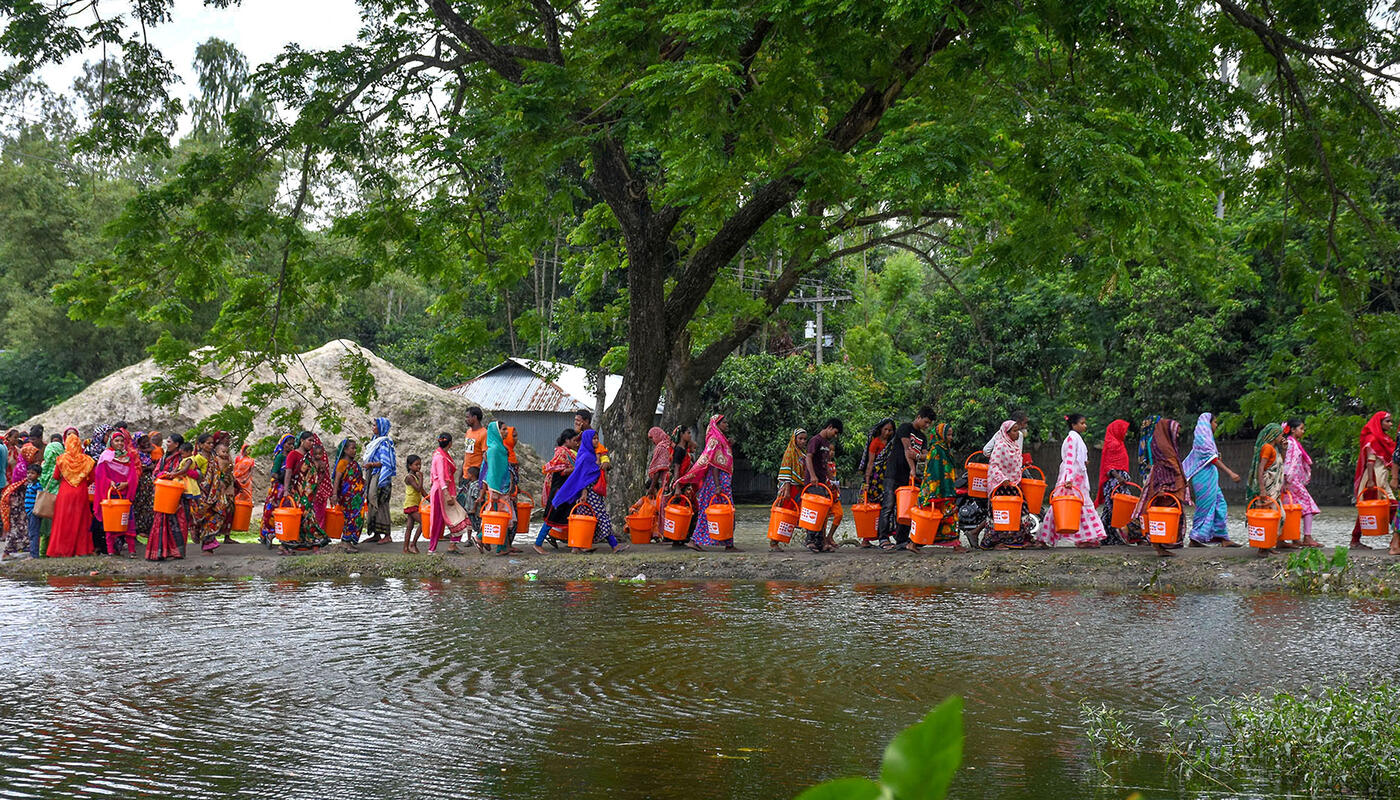
Take, for example, Cambodia, which has reduced its maternal mortality rate by nearly two thirds since 2000. Based on a wealth of evidence pointing to the essential role midwives play in preventing maternal deaths, the government invested in initiatives to train and expand its midwifery workforce. Between 2010 and 2019, the number of midwives deployed to midwifery-led care units nearly doubled, according to UNFPA’s 2021 State of World Midwifery report.
“My work saves many lives,” practitioner Khoeub Kuntheary told UNFPA in 2017. “I am so proud to be a midwife!”
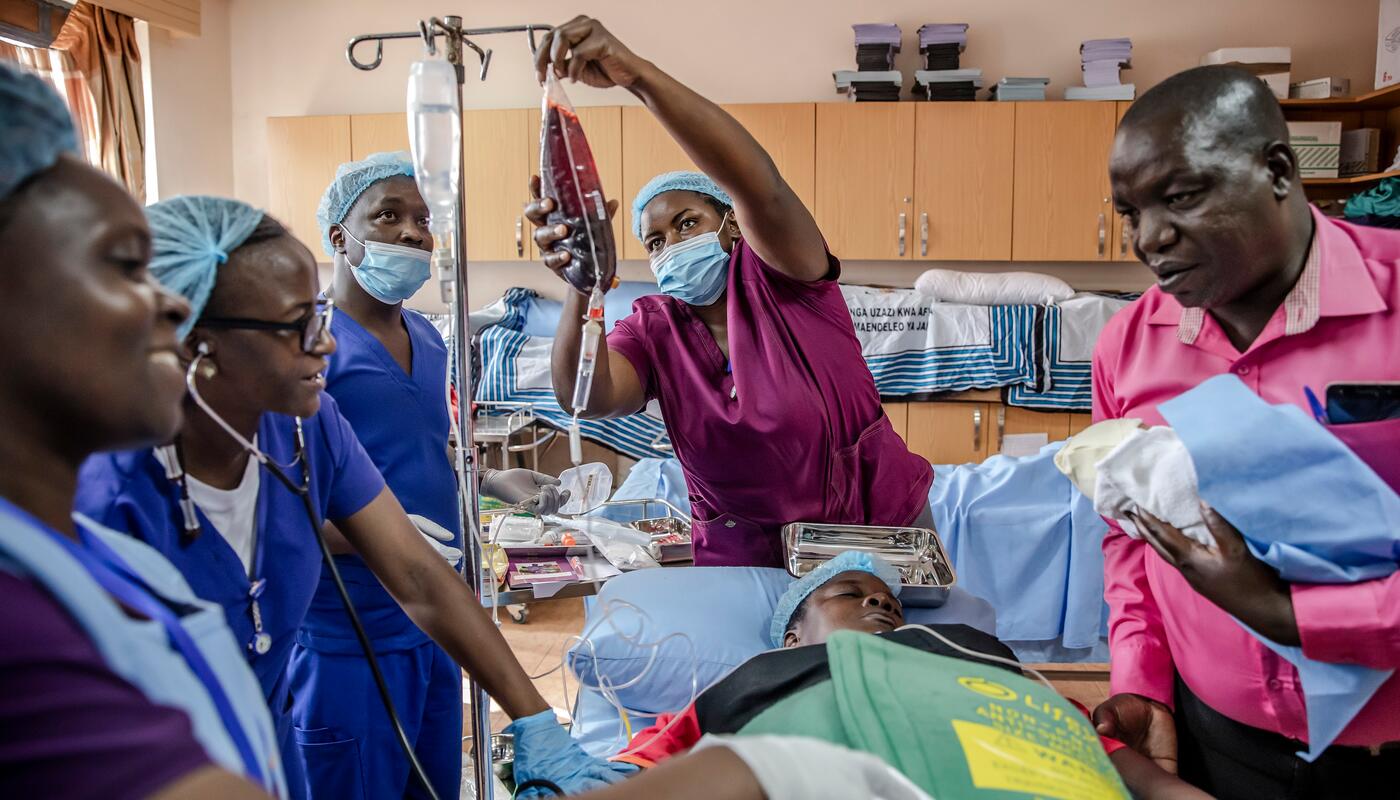
3. Inclusive data reveal who is being left behind.
Globally, an estimated 15 per cent of the world’s population experiences disability – and the rights violations and marginalization that often go along with it. Women with disabilities can be 10 times more vulnerable to gender-based violence, according to UNFPA’s 2024 State of the World Population report.
Persons with disabilities have been excluded too often from the progress that has led easier-to-reach populations to better sexual and reproductive health. Developing targeted interventions to help communities requires first understanding the challenges they face. In other words, this process requires data.
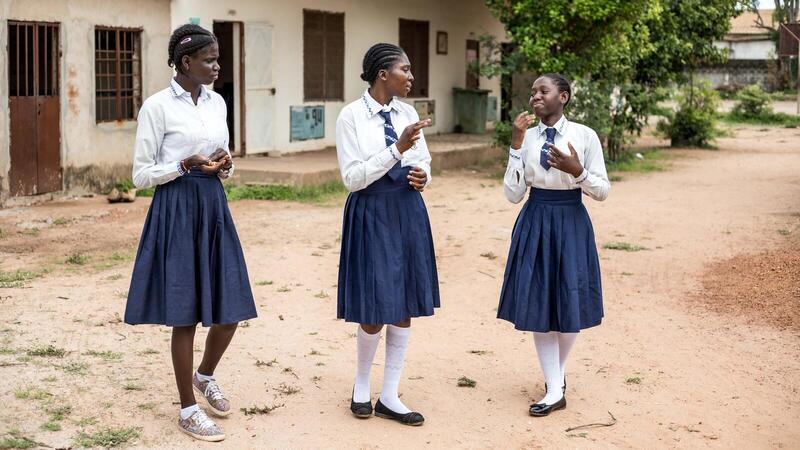
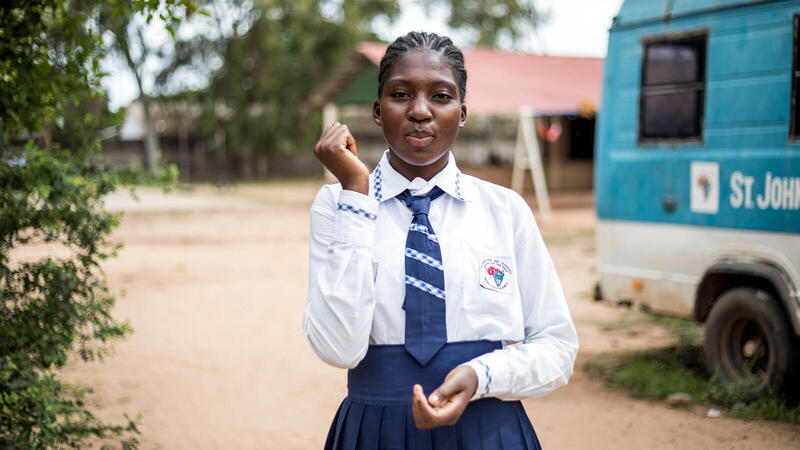
The good news is that many countries are updating their information-collection methods to gather the knowledge they need to leave no one behind. For example, the share of countries asking their populations standardized questions about their experience with disability has more than doubled since 2018, UNFPA research indicates.
Tanzania is among them. “There was a demand for better data – both from the disabled community and from the government,” Principal Statistician and National Census Coordinator Seif Kuchengo told UNFPA of Tanzania’s census reforms in 2012.
4. Ethical and inclusive data collection holds governments accountable.
Data can be sensitive. It has been, and still is, used to commit grievous rights violations against people based on their race, sexual orientation or disability status. Yet it’s unlikely that the world will solve issues related to the misuse of data by not collecting it at all. Into this gap must step civil-society and non-governmental organizations, as well as local experts and marginalized people themselves; they know best how to ensure safety and respect for individuals throughout the data-collection process. They must be consulted on official data collection and use. And they must be allowed and encouraged to collect and publish their own data because stigma and fear too often push individuals to hide their identities and experiences from national data collectors.
Training can also help data collectors conduct research with compassion and respect. For instance, Udani Elpitiya was thoroughly prepared to participate as an enumerator for Sri Lanka’s first-ever national survey on violence against women. In 2021, she told UNFPA about a woman who had survived her husband’s abuse for decades – but had never talked about it. “She had no one with whom to share what she had endured all those years,” Ms. Elpitiya said. “She cried while sharing her entire ordeal with me. When I was about to leave, she got down on her knees and thanked me.”
Policymakers can all too easily ignore social problems by assuming they don’t exist – and by pretending certain populations don’t exist, either. After all, there is no reason to allocate funding towards health programming to meet the unique needs of LGBTQIA+ people if a country counts no members of this community among its populace. Solid data – from governments, civil society, academia, and communities themselves – make it very difficult to sweep issues under the rug, while empowering communities, especially the most marginalized, to hold leaders to account.
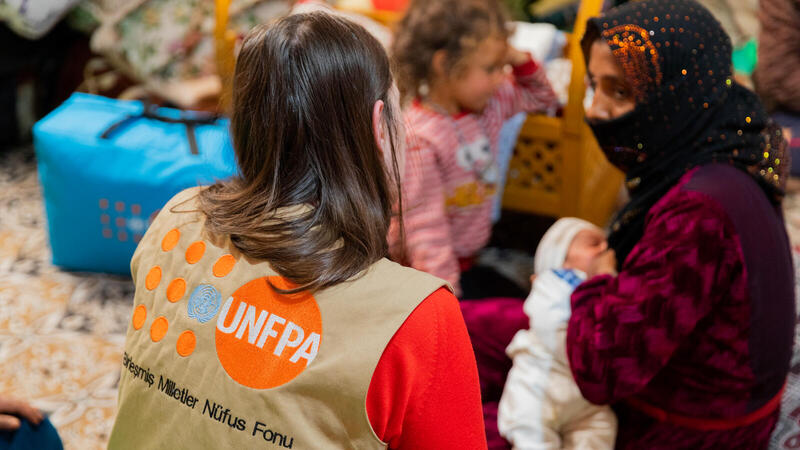
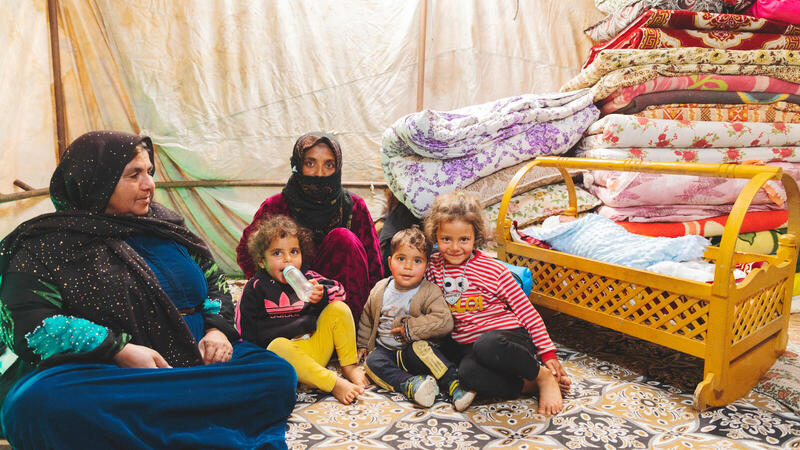
In a world of growing disparities and crises, governments must commit to gathering and using data to address the needs of those who have been left behind. All over the world, UNFPA works to support governments in this mission.
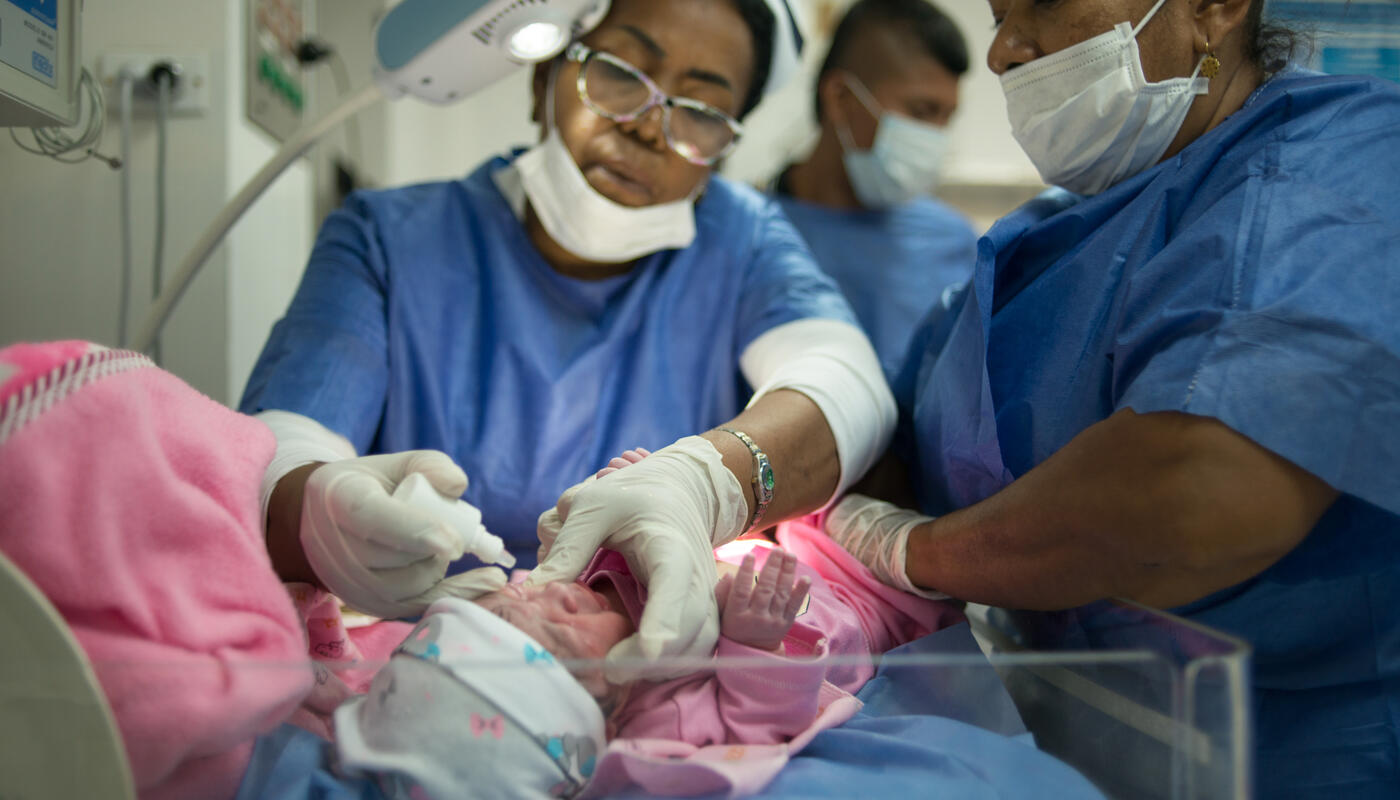
“To go uncounted is to be made invisible and, as a result, left unserved,” Dr. Kanem has said. “For humanity to progress, people must be counted, wherever they are and whoever they are – in all their diversity. To end inequality, to find and grow peace and prosperity, to weave more threads of hope, the world needs to do more for inclusion.”
